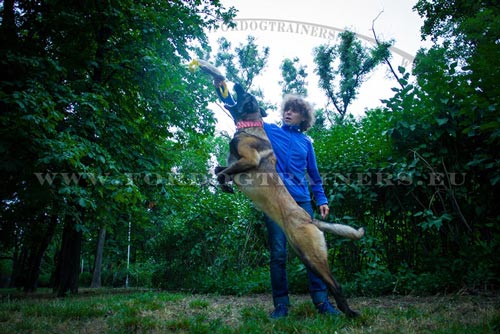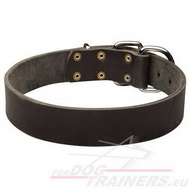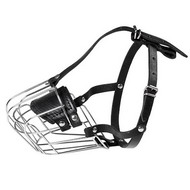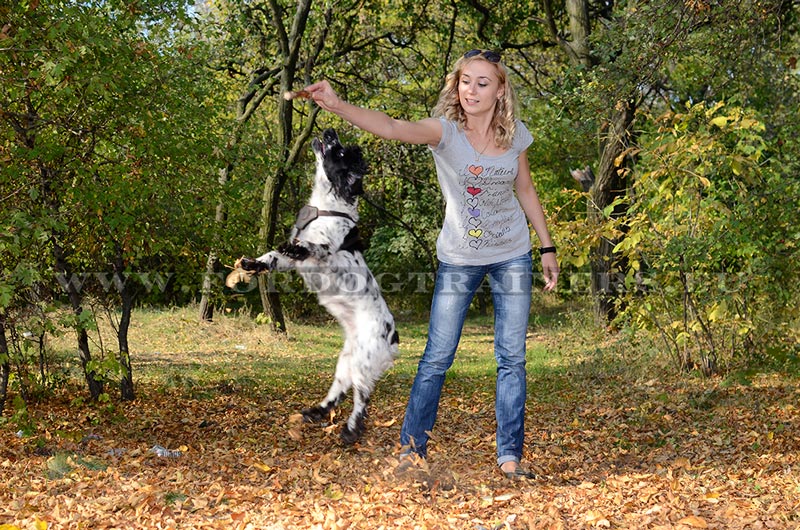"Older
dogs spent more time than younger dogs to solve all the tasks
correctly. In addition, we have shown that older animals, like
humans, have a much less flexible thinking than younger individuals,
and it is as difficult for
them as
it
is for us
to get rid of old habits and facts
of life
", - said Lisa Wallace from
the University of Veterinary
Medicine,
Vienna (Austria). For
many years Lisa Wallace and her colleagues have
been studying
what happens to the intellectual abilities of dogs when
they age,
investigating a
well-spread stereotype
of
the West, expressed
as
"you can not teach an old dog new tricks."
To do
this, the scientists recruited a group of nearly a hundred dogs
of such breed as
border collie, famous for its learning capacity
and
high dog IQ, and their handlers,
and invited them to participate in a series of games designed to
assess their memory, ability to learn and logical "thinking."

All
these games were
held on a special machine for dogs, which was a touch screen monitor
on which dog could press using the nose. This screen displayed pares
of images that a
dog
had to remember, and then play back
or
choose waste,
unfamiliar image.
Contrary
to popular thinking,
aged
dogs
still
could acquire new skills and memories, although they did it
worse
than their younger competitors. On the other hand, age made them
wiser - they better recalled
what
they
remembered before, and knew how to distinguish those pictures that
they have already seen from other unfamiliar images, generally
showing a higher level of logical "thinking."
All
this, as scientists believe, suggests that dogs can be used for
observation of how aging affects memory, and for experiments on
improvement
of
the cognitive abilities in the elderly
age. 
To purchase dog supplies for Professional Dog Training, please, visit our online dog store!





